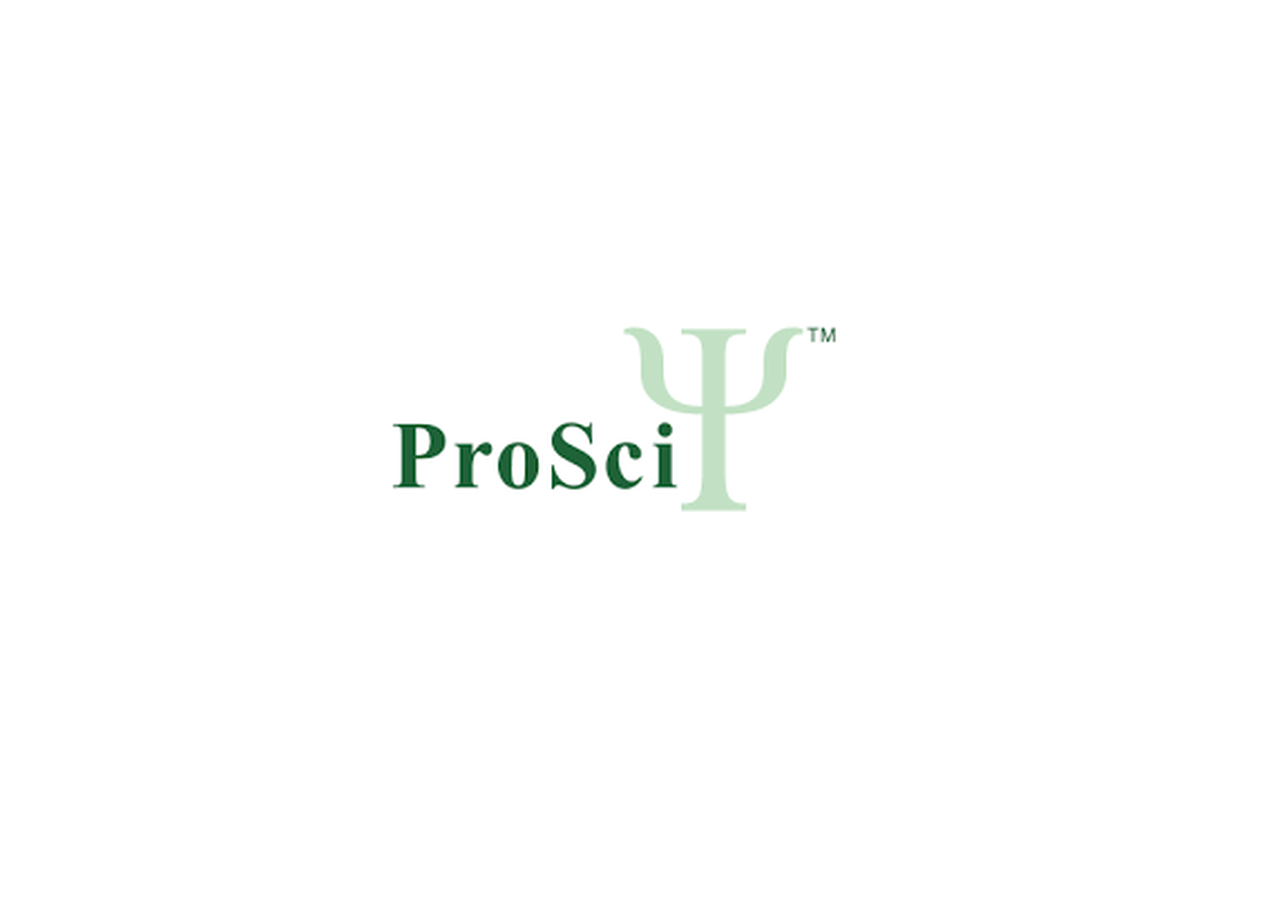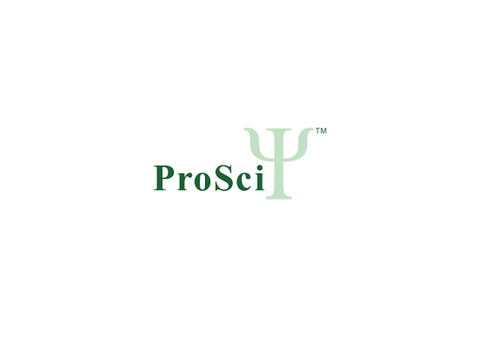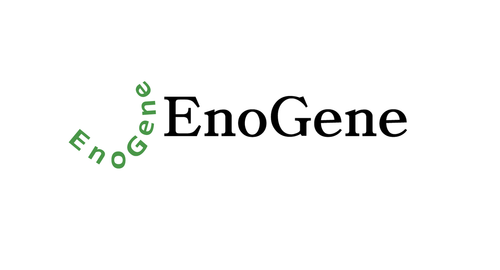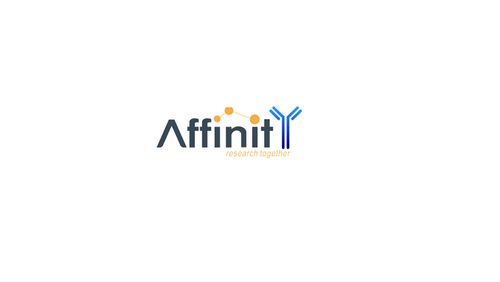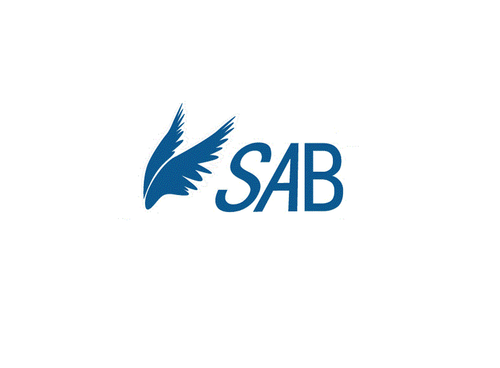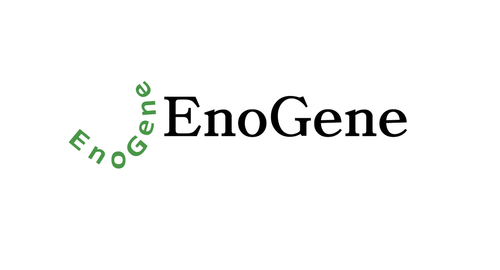Product Description
IFI16 (CT) Antibody | 9641 | ProSci
Product Type: Primary Antibodies
Research Area: Apoptosis, Cancer, Cell Cycle, Transcription
Host Species: Rabbit
Species Reactivity: Human, Mouse, Rat
Homology: Predicted species reactivity based on immunogen sequence: Gorilla (100%), chimpanzee (100%)
Immunogen: Anti-IFI16 antibody (9641) was raised against a peptide corresponding to 16 amino acids near the carboxyl terminus of human IFI16.
The immunogen is located within the last 50 amino acids of IFI16.
Tested Application: E, WB, IF, IHC
Predicted MW: Predicted: 88kD
Observed: 88 kD
Purification: IFI16 Antibody is affinity chromatography purified via peptide column.
Clonality: Polyclonal
Clone: N/A
Isotype: IgG
Conjugate: Unconjugated
Physical State: Liquid
Buffer: IFI16 Antibody is supplied in PBS containing 0.02% sodium azide.
Concentration: 1 mg/mL
Storage: IFI16 antibody can be stored at 4˚C for three months and -20˚C, stable for up to one year. As with all antibodies care should be taken to avoid repeated freeze thaw cycles. Antibodies should not be exposed to prolonged high temperatures.
Additional Names: IFI16 Antibody: Gamma-interferon-inducible protein 16, Ifi-16, Interferon-inducible myeloid differentiation transcriptional activator, IFNGIP1
Background: IFI16 Antibody: IFI16 inhibits DNA repair that potentiates type-I interferon-induced antitumor effects in triple negative breast cancer. Increased expression of IFI16 predicts adverse prognosis in multiple myeloma. IFI16 isoforms with cytoplasmic and nuclear locations play differential roles in recognizing invaded DNA viruses. IFI16 directly senses viral RNA and enhances RIG-I transcription and activation to restrict influenza virus infection. Nuclear sensor IFI16 inhibits the function of Hepatitis B virus covalently closed circular DNA by integrating innate immune activation and epigenetic suppression.
Shipping Condition: Blue Ice
Source: N/A
Species: N/A
Peptide Location: N/A
By Source: N/A
By Species: N/A
Recombinant Protein Sequence: N/A
Badges: Trial Size, New
 Euro
Euro
 USD
USD
 British Pound
British Pound
 NULL
NULL

